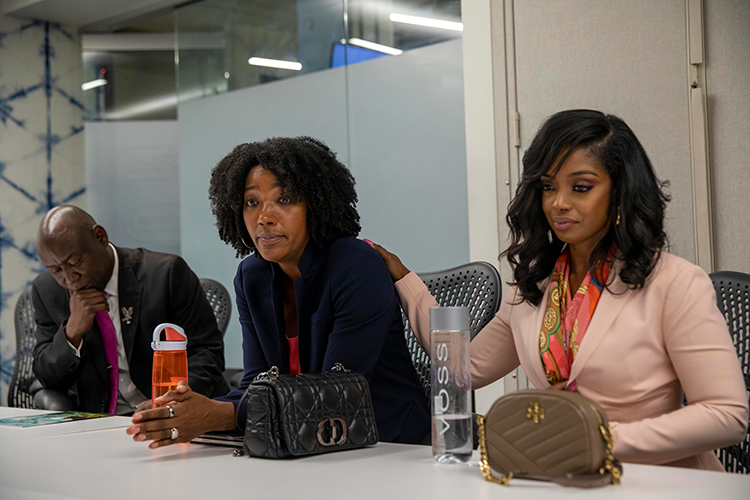List of Top 10 Family-Friendly Law Firms Has Only Four Repeats
What a difference a year makes.
Yale Law Women has released its list of the top 10 family friendly law firms, and six firms on last year’s list are gone.
The group’s survey of large law firms shows BigLaw is offering more flexible career paths for women, but some statistics, such as the low retention rate for women, are cause for concern, according to a press release. Law firms should embrace family-friendly policies even as they change to meet market demands, Yale Law Women says.
The six firms no longer on the list are: Cleary Gottlieb Steen & Hamilton; Covington & Burling; Jenner & Block; Katten Muchin Rosenman; Munger, Tolles & Olson; and Patton Boggs.
Christine Ku, co-chair of the Yale Law Women Top 10 Family Friendly List Committee, tells the ABA Journal there are several factors that help determine which firms get on the list, and she can’t identify a “definitive reason” why some didn’t make it this year. Yale Law Women releases only aggregate data and keeps individual firm responses confidential.
This year’s top 10, in alphabetical order, are:
• Arnold & Porter (also in last year’s top 10)
• Debevoise & Plimpton
• Dorsey & Whitney
• Kirkland & Ellis
• Mayer Brown (also in last year’s top 10)
• Mintz, Levin, Cohn, Ferris, Glovsky & Popeo
• Perkins Coie
• Sidley Austin (also in last year’s top 10)
• Steptoe & Johnson
• WilmerHale (also in last year’s top 10)
Yale Law Women bases its list on a survey of Vault’s top 100 law firms. The study found the firms are offering more flexibility for lawyers with families. For example: Twenty-four percent of responding law firms offer formal “off-ramp / on-ramp programs,” allowing lawyers to leave the firm for a number of years and return later. All of the responding law firms automatically grant part-time requests if conditions in a written policy are met. Many law firms have formal and informal mentoring programs, and some have child-care facilities and work-life balance groups.
But the group points to other statistics to highlight its concerns. In 2009, women made up just 28 percent of newly promoted partners at the responding firms. Overall women made up only 19.4 percent of partners and 18.9 percent of executive or management committee members.
“YLW remains concerned about the low rate of retention of women, the dearth of women in leadership positions, the gender gap in those who take advantage of family-friendly policies, and the possibility that working part-time can derail an otherwise successful career,” the press release says.
The list was released earlier this year to give law students more information as they consider where to apply for summer associate positions.
Updated at 1 p.m. to include information from Ku.



